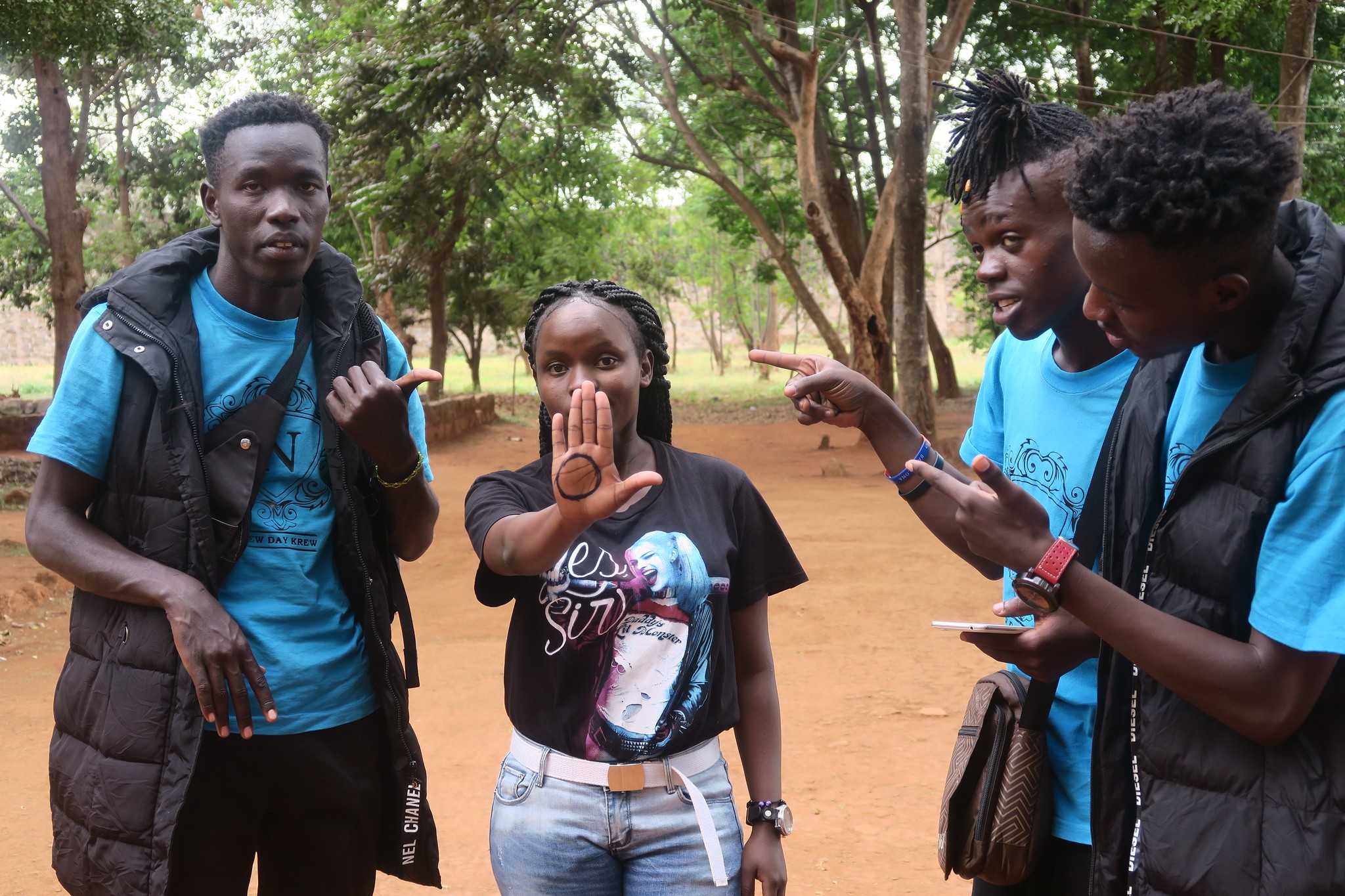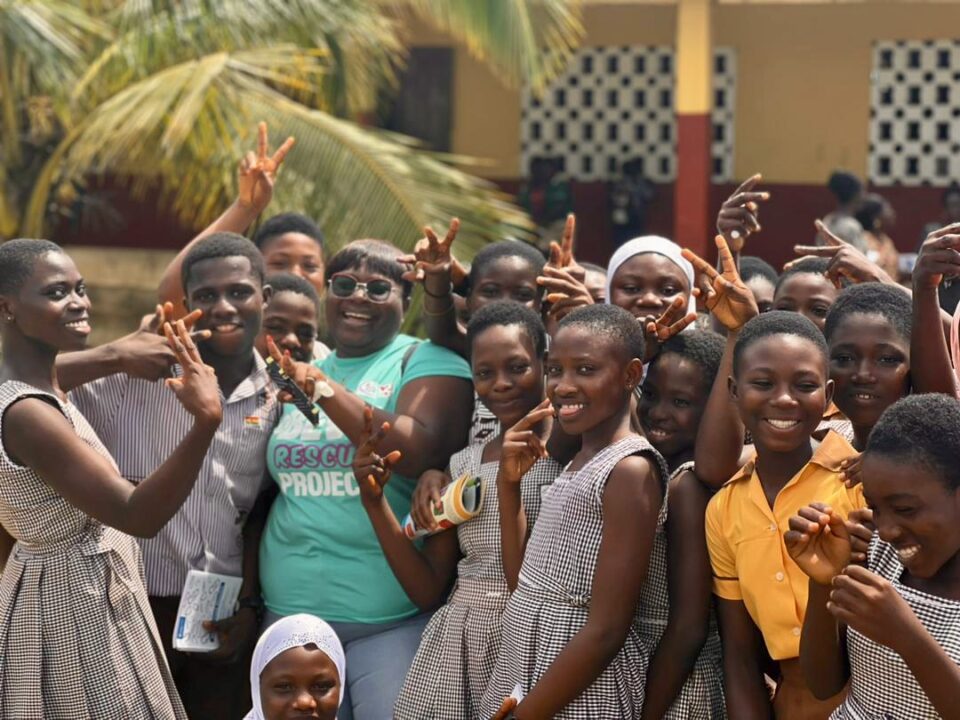"Transforming young people from Subject to Citizen"
TRANSFORMATIVE MASCULINITY


The Transformative Masculinity component focuses on building the capacity of boys and young men to be active in the gender justice as strong allies for girls and young women. Initiatives developed within the confines of this component focus on addressing harmful societal norms and traditions, and changing the way that young men think about themselves as men and what it means to be a man in relation to other men and in relation to the women around them.
Between 2015 and 2018, The Africa Alliance in partnership with the Kenya YMCA and Zambia YMCA implemented a project titled “A Real Man Is”. The project was premised on the creation of safe spaces for girls and women from all forms of violence. The project embraced the Transformative Masculinity approach that sought to empower young men to change their behaviour, because, if men are not empowered with information then conflicts would continue in every space. The project deployed various strategies which targeted men and boys to equip and model them aschampions of change (role models) in raising their voice against VAW, at the community level, schools and workplaces.
Between 2019 and 2020 AAYMCA, Kenya YMCA and Zambia YMCA set out to address a gap in the uptake of Sexual and Reproductive health services by young women in the implementing countries realized during the implementation of the Real Man Is project. Working with ThinkPlace Kenya, Kenya YMCA and Zambia YMCA, the AAYMCA set out to test the hypothesis that through the Powerspace methodology, the YMCA can empower young men to act as partners to young women in securing their Sexual Reproductive Health and Rights (SRHR).
Project research findings indicated that Gamification is a likely Key Driver of Change among the project beneficiaries because it has the capacity to make learning informative and exciting, mainly thanks to its interactivity. During the course of the prototyping phase, it was noted that role-play and competitive elements add an immersive angle, which, if set up well, can enhance retention of information in a different but fun and interactive way. While not intended to turn knowledge-sharing into a game, gamification does play on the psychology that drives human engagement. Findings from the prototyping and testing phase indicate that gamification was a vital tool in enhancing learning experiences for our users as it made it easy for them to retain information that they got during the respective activities. It also creates the opportunity to expand the prototypes with additional design elements on the go to compliment new learnings and knowledge-sharing approaches. Due to its practical nature of user-engagement, it is easy to monitor and evaluate its impact through the level of engagement and knowledge retention.







